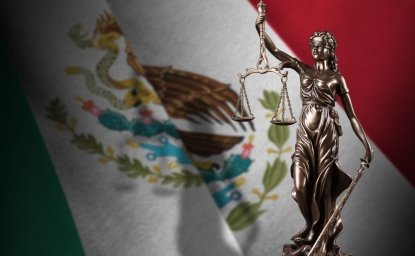The Brazilian Judicial System


Brazil's judiciary is a multifaceted system that operates on the state and federal levels, much like the U.S. judicial system. Primarily based on the civil law tradition, it divides cases into several different jurisdictions, including labor, electoral, military, constitutional and non-constitutional. It also includes three instances of appeal, with cases able to advance from first-level courts all the way to either the Supreme Federal Court or the Superior Court of Justice. Below are two graphics that aim to explain both the role that each court plays, and the interaction between the system's different parts. High-resolution versions are also available for download.
For more information on the Brazilian judicial system, see our Rule of Law Series, which brings to Washington the judges, prosecutors, defense lawyers, legal experts, and practitioners engaged in the evolution of justice and rule of law in Brazil.
Part One: The Role of the Federal Judiciary
Part Two: How Cases Move Through the Judicial System

Brazil Institute
The Brazil Institute—the only country-specific policy institution focused on Brazil in Washington—aims to deepen understanding of Brazil’s complex landscape and strengthen relations between Brazilian and US institutions across all sectors. Read more

Explore More
Browse Insights & Analysis
Toward a New Governance Paradigm in Ghana: Embracing a Social Contract




